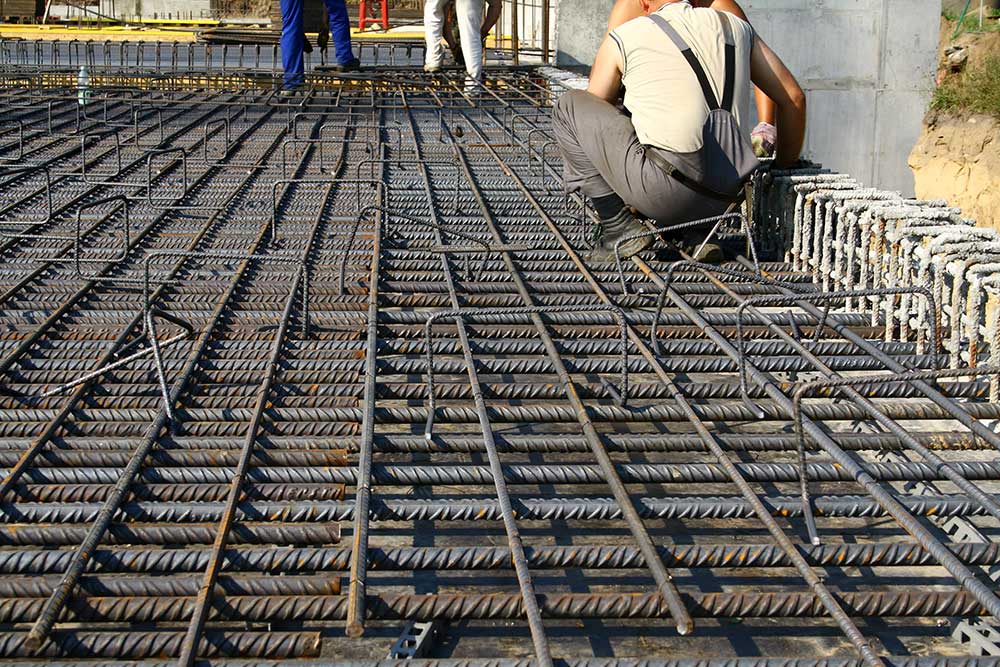
Steel Fixer
Careers Explorer:
Overview
Be a fixer and a man or woman of steel by assembling and installing the steelworks required to strengthen reinforced concrete structures, such as bridges, culverts, docks, industrial plants, power stations, railway stations, reservoirs, sub-ways, and water and sewage plants.
As a Steel Fixer, you’ll work as part of a larger team on a construction project in which you’ll have responsibility for positioning, assembling and fixing different shapes and sizes of steel rebar of the correct specification and tolerances.
You’ll be able to interpret contract information, drawings and specifications in order to assemble and install the components correctly.

Top 5 Tasks
- Tying steel reinforcement bars (known as rebar) to build cages
- Physically demanding work, like lifting, bending and working at heights
- Apply safe working techniques for moving, lifting and handling pre-assembled and manufactured elements
- Apply safe use, storage and maintenance of hand tools, power tools and ancillary equipment
- Assemble, position and fix elements.
Salary
Newly trained steel fixers can earn in the region of £20,000 – £25,000.
Trained with experience steel fixers can earn in the region of £25,000 – £35,000.
Self-employed steel fixers can set their own pay rates. Salaries will depend on your employer, location and level of responsibility.
Am I Suited?
- Team player
- Hands-on
- Head for heights
- Physical
- Logical thinker
Qualifications
There are no formal entry requirements to be a Steel Fixer, but a willingness to work hard is essential.
To progress beyond this level you need an SVQ/NVQ level 2 in steel fixing occupations. This includes cutting and shaping steel, installing in-situ and/or prefabricated steel, using power tools and safe working practices. Construction apprenticeships in steel fixing are available, where you work towards an SVQ/NVQ Level 2.
Most construction and engineering companies insist you have a CSCS card or similar competency card, or be part of a related scheme to work on their sites. The card is proof of your skills and competence. To get your card you must pass a health and safety assessment and have an NVQ or equivalent qualification.






